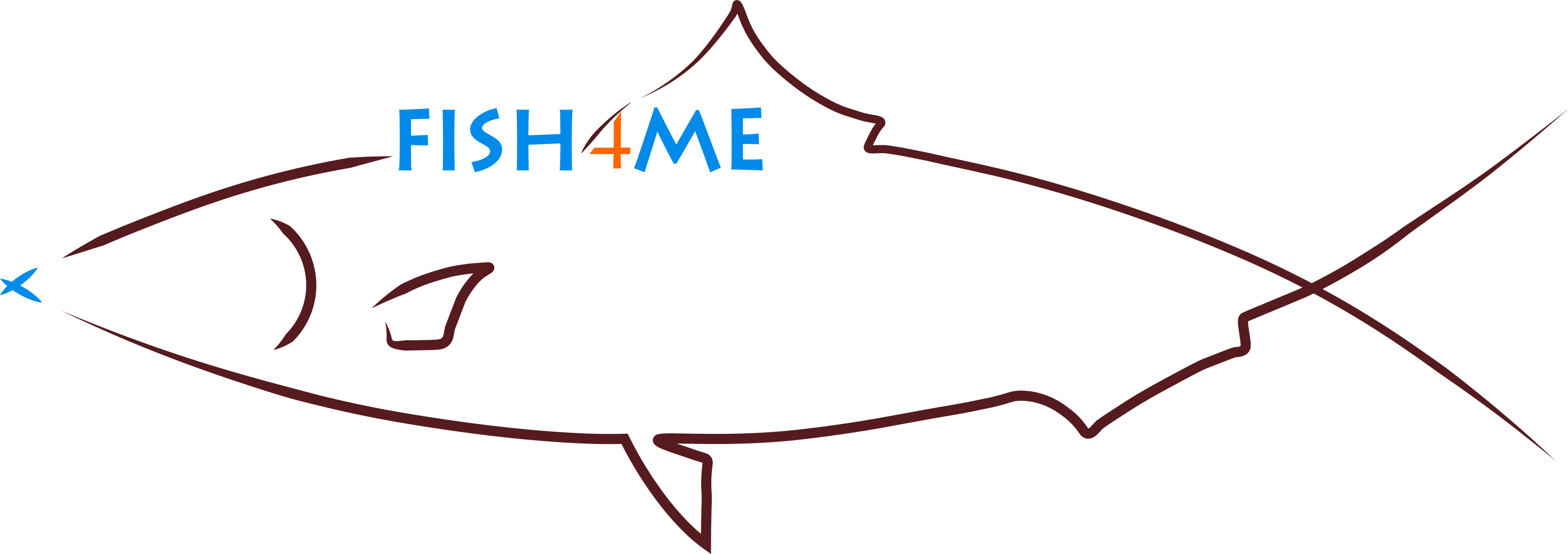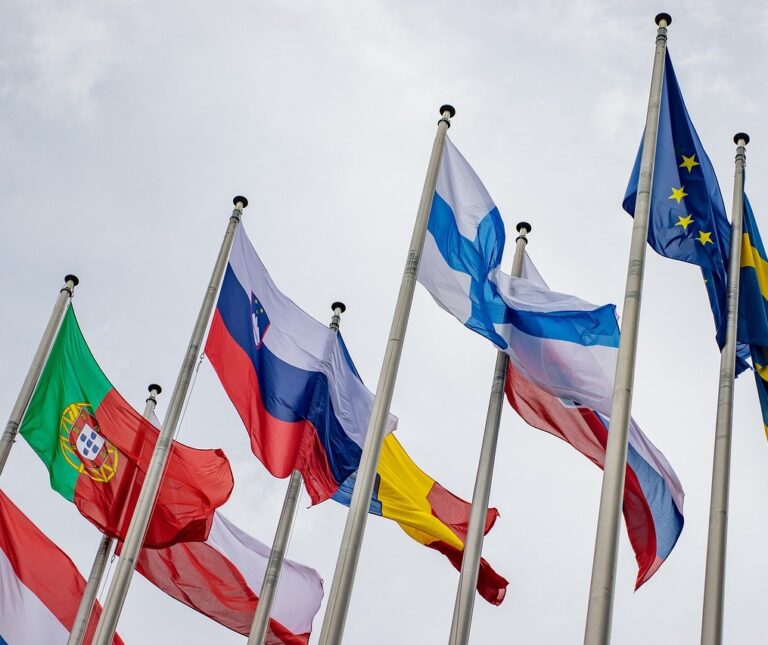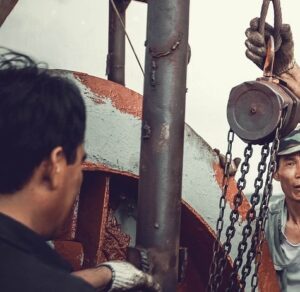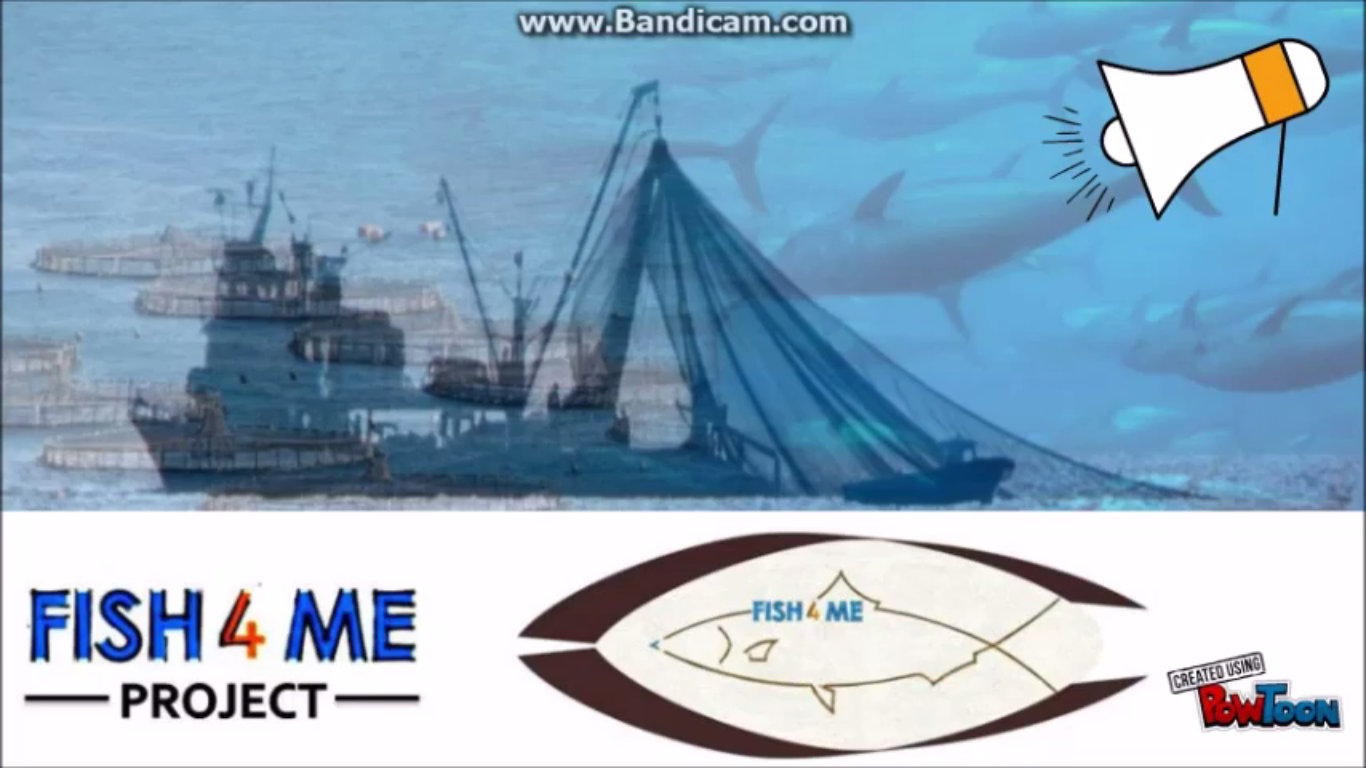Rafaela Paulo Teixeira
One of the primary problems with flags of convenience is the lack of transparency and accountability in the fishing industry. When vessels change their flags, they essentially reset their legal and operational history, making it difficult to trace their activities and track their compliance with fishing regulations. This lack of continuity in the vessel’s registration process allows unscrupulous operators to evade scrutiny, enforcement, and responsibility for their actions. As a result, IUU fishing, which includes activities such as overfishing, poaching, and destructive fishing methods, goes unchecked, contributing to the depletion of marine resources and disrupting ecosystems.
The International Labour Organization (ILO), a specialized agency of the UN, has highlighted the exploitation and endangerment of workers onboard vessels registered under flags of convenience (ILO, 2018). These workers are often subjected to hazardous working conditions, forced labor, long hours, and inadequate wages. The ILO has called for enhanced regulations and enforcement to protect the rights of workers in the fishing industry and eliminate human rights abuses (ILO, 2018).
The WHO has emphasized the importance of sustainable fisheries in ensuring food security and improving nutrition, particularly for vulnerable communities (WHO, 2018). UNESCO has recognized the critical role of oceans in supporting life on Earth and has stressed the need for sustainable management and conservation of marine resources (UNESCO, 2022).
Addressing the issue of flags of convenience in fisheries requires a multi-faceted approach. It involves strengthening international cooperation, improving information sharing among countries, and implementing stricter regulations and enforcement measures. A key aspect of combating this problem is the development of a comprehensive vessel tracking system that maintains historical data on vessel ownership, operations, and compliance records. Such a system would enable authorities to identify and penalize vessels engaged in IUU fishing and human rights violations, regardless of the flag they fly.
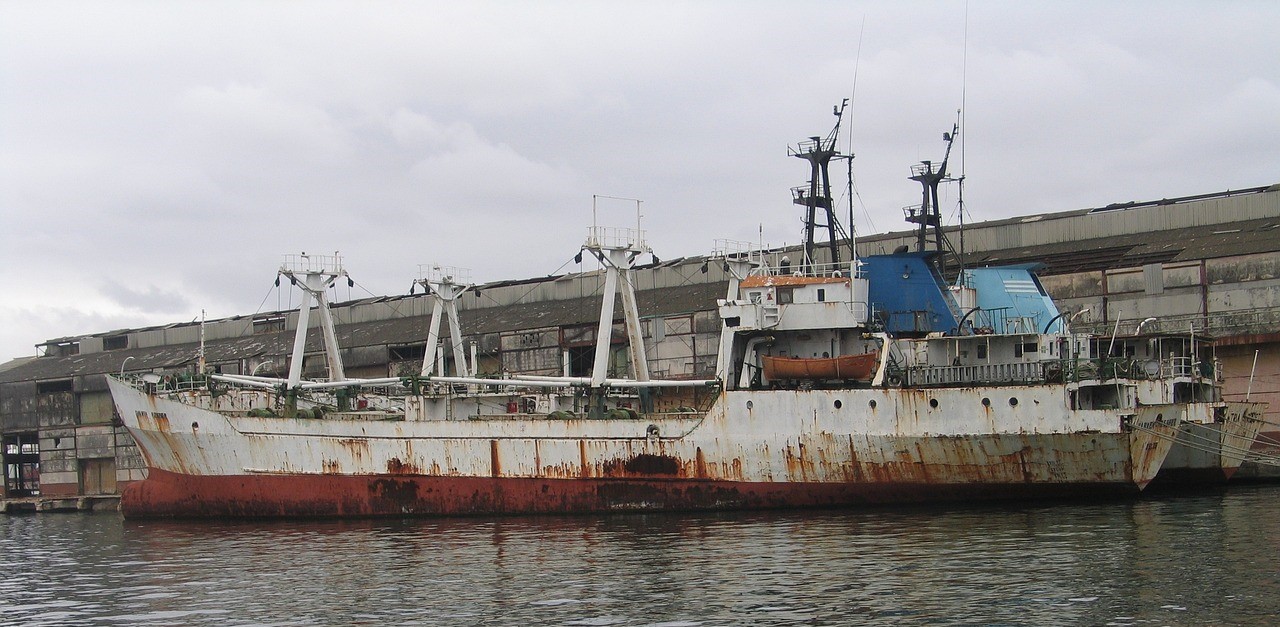
Additionally, promoting greater transparency and accountability within the fishing industry is crucial. This includes encouraging vessel owners to take responsibility for their actions, holding them accountable for the conduct of their vessels, and promoting sustainable fishing practices that protect marine ecosystems and ensure the well-being of workers. International agreements and partnerships can play a vital role in setting standards and establishing mechanisms for monitoring and enforcement. The UN, ILO, and WHO has highlighted the need for international cooperation, strengthened monitoring systems, and the protection of workers’ rights in the fishing industry (UN General Assembly, 2017; ILO, 2016; WHO, 2018).
By addressing the issue of flags of convenience in fisheries, we can make significant strides towards safeguarding the world’s oceans, preserving marine resources, and protecting the rights of those who depend on the seas for their livelihoods. It requires a collective effort from governments, industry stakeholders, and civil society to establish a transparent and accountable fishing sector that upholds both environmental sustainability and human rights.
References:
- Environmental Justice Foundation (EJF). (2009). Lowering the Flag – Ending the use of Flags of Convenience by Pirate Fishing Vessels.
London. Retrieved from https://ejfoundation.org/resources/downloads/Lowering-the-flag.pdf - Food and Agriculture Organization (FAO). (2012). Addressing the issue of flags of convenience in the context of illegal, unreported and unregulated (IUU) fishing. Retrieved from http://www.fao.org/3/a-aq256e.pdf
- Food and Agriculture Organization (FAO). (2016). The state of world fisheries and aquaculture 2016. Contributing to food security and nutrition for all. Retrieved from http://www.fao.org/3/a-i5555e.pdf
- International Labour Organization (ILO). (2016). C188 – Work in Fishing Convention, 2007 (No. 188). Retrieved from https://www.ilo.org/dyn/normlex/en/f?p=NORMLEXPUB:12100:0::NO::P12100_ILO_CODE:C188
- International Labour Organization (ILO) , International Labour Standards Department. (2018). Third meeting of the Special Tripartite Committee of the Maritime Labour Convention, 2006, as amended (MLC, 2006) (Geneva, 23–27 April 2018). Retrieved from https://www.ilo.org/wcmsp5/groups/public/—ed_dialogue/—sector/documents/meetingdocument/wcms_619090.pdf
- United Nations (UN) General Assembly. (2017). Resolution adopted by the General Assembly on 6 December 2017: Sustainable fisheries, including through the 1995 Agreement for the Implementation of the Provisions of the United Nations Convention on the Law of the Sea of 10 December 1982 relating to the Conservation and Management of Straddling Fish Stocks and Highly Migratory Fish Stocks, and related instruments. Retrieved from https://undocs.org/A/RES/72/73
- United Nations Educational, Scientific and Cultural Organization (UNESCO). (2022). Sustainable Development Goal 14. Retrieved from https://en.unesco.org/sdgs/goal14
- World Health Organization (WHO). (2018). Sustainable fisheries and aquaculture for food security and nutrition. Retrieved from https://www.who.int/elena/titles/bbc/fisheries_aquaculture/en/
